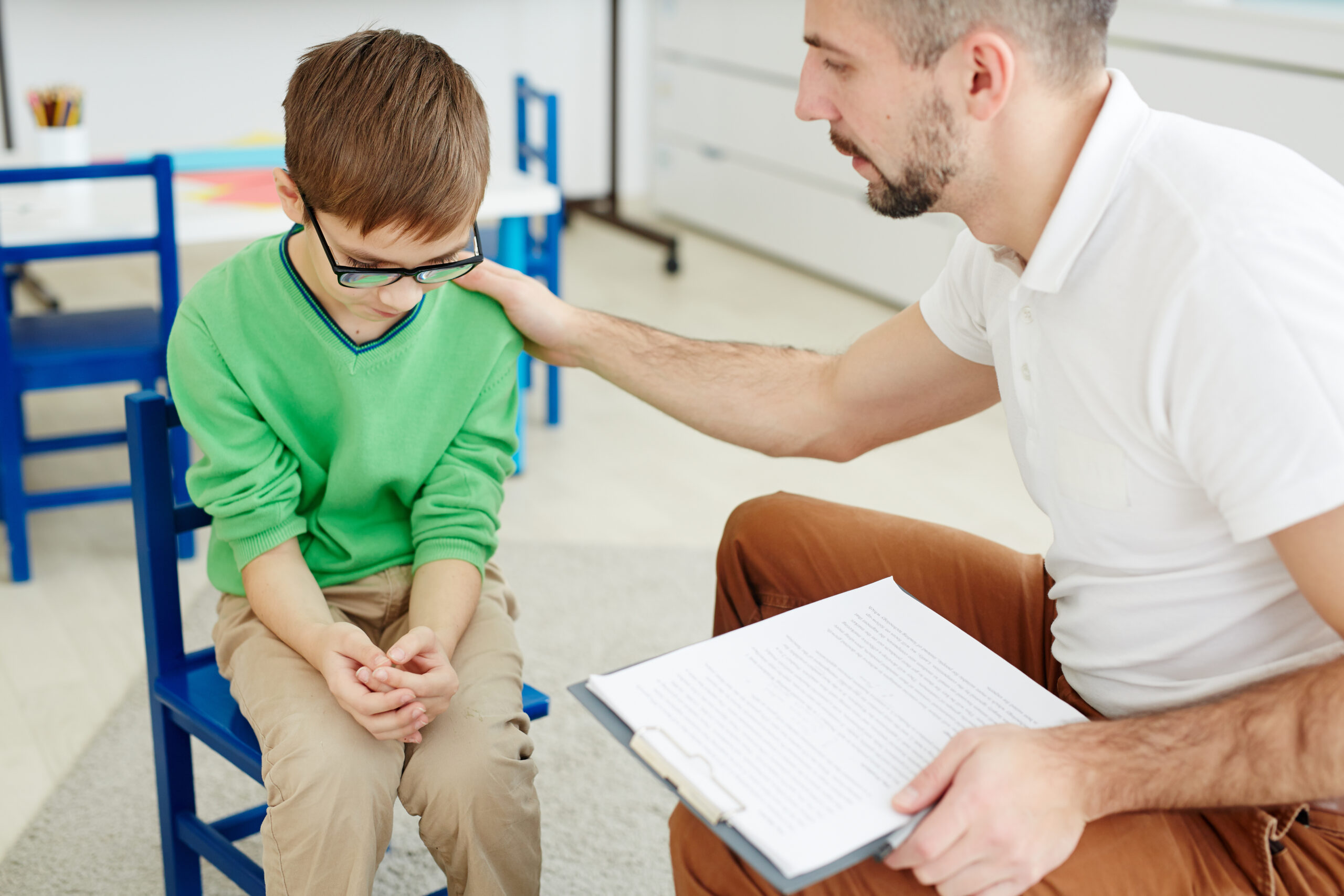Benefits of Therapeutic Consultation in Behavior Planning
Therapeutic consultation plays a vital role in behavior planning by guiding the development of ethical and effective behavior intervention plans (BIPs). It brings together families, professionals, and individuals to create personalized strategies that support positive behavior and long-term success.
What Is Therapeutic Consultation?
Therapeutic consultation is a structured, collaborative process where a consultant works with individuals, families, and care teams to evaluate behaviors and recommend interventions. The goal is to understand the reason behind certain behaviors and design positive approaches to reduce them. This often begins with a Functional Behavior Assessment (FBA), which identifies environmental triggers and skill deficits. From there, a customized Behavior Intervention Plan is created.

Why Personalized Behavior Planning Matters
One major benefit of therapeutic consultation is the creation of individualized plans. Generic strategies rarely work for everyone. A skilled consultant observes behavior patterns, considers personal history, and tailors recommendations to the person’s goals and daily environment. These custom plans are more likely to succeed because they are based on real-life context, not just theory.

Benefits of Therapeutic Consultation
1. Promotes Collaboration and Team Support
Therapeutic consultation encourages a team-based approach. The consultant partners with parents, teachers, caregivers, and therapists to ensure consistency across all environments. When everyone follows the same plan, behavior improvements are more likely to stick. Collaboration also fosters open communication and shared progress tracking.
2. Encourages Skill Development
Rather than just reducing unwanted behaviors, consultants focus on teaching new, functional skills. These may include communication, self-regulation, or coping strategies. As individuals learn how to meet their needs in healthy ways, challenging behaviors naturally decrease.
3. Ensures Ethical, Evidence-Based Interventions
Therapeutic consultation follows ethical standards and uses proven strategies. Consultants avoid outdated or harmful practices. Instead, they rely on positive reinforcement and data-driven decisions that respect the person’s rights and dignity. This ensures safe and supportive behavior change.
4. Improves Quality of Life
When behavior plans are well-designed and consistently applied, individuals experience more success at home, school, or work. This improves not only their behavior but also their confidence, independence, and overall well-being. Families and teams also benefit from less stress and greater clarity.
Implementing Therapeutic Consultation Successfully
Success depends on regular communication and monitoring. Consultants typically hold follow-up meetings, review data, and adjust plans as needed. This ensures the plan stays relevant and effective. Consistency is key—everyone involved must understand their role and responsibilities.
The Lasting Value of Therapeutic Consultation
Therapeutic consultation is more than just a meeting—it’s a pathway to meaningful and lasting change. Collaboration, skill-building, and ethical planning help individuals reach their goals in a supportive way. Therapeutic consultation offers a reliable and proven solution for anyone looking to improve behavior outcomes and quality of life.
Take the Next Step Toward Better Behavior Support
Want to learn more about how therapeutic consultation can support your behavior planning goals? Contact us today to speak with an expert. You can also find more helpful resources and success stories on our Innovation Behavior Services blog page.
